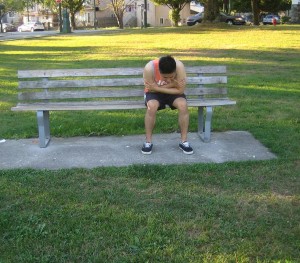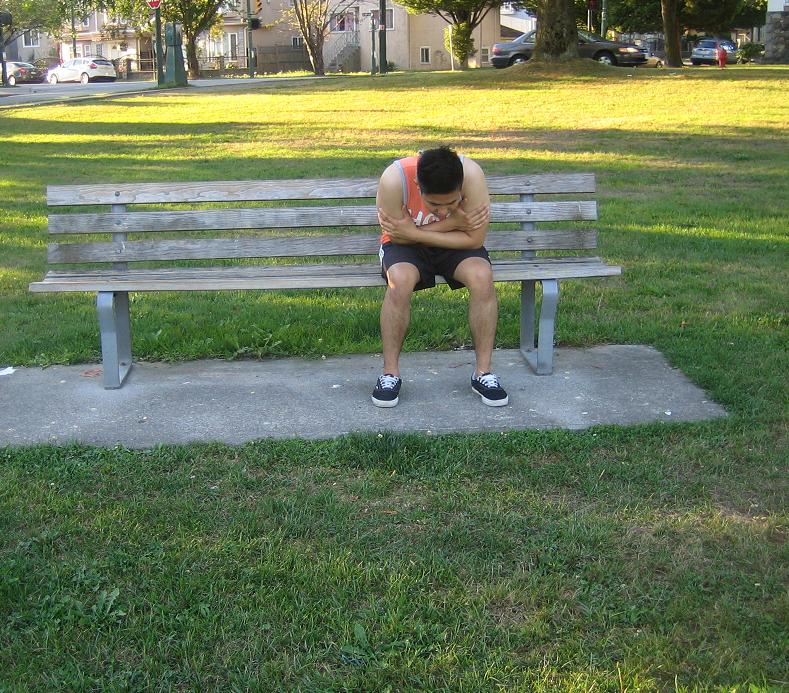Tension headaches can cause an aching, dull pain that is similar to a band tightening around the head that can even radiate to the neck region. This type of headache can cause pain around the head and the neck area. Even though it feels as if the pain is linked to tension, it is still not determined what exactly causes the episodes.
What are the signs and symptoms?
If an individual suspect that he/she has this type of headache, he/she is not alone since this is most common form that many experience. It was recently called as “tension-type headaches” due to the possible role of chemistry within the brain. Most men and women experience dull aches and pressure due to this type of headache at some point in their lives.
Frequency and onset
An individual might have tension headaches at any age, but they essentially occur during adolescence or adulthood. This form of headache manifest most often among individuals between 20-50 years old.

The headache is categorized as episodic if they occur in less than 15 days in a month. If they occur more than 15 days in a month for a number of months, it is categorized as chronic tension headaches.
An attack can last from 30 minutes up to a week and not aggravated by sounds, lights or movements such as bending over or climbing stairs.
Signs and symptoms
Whether the individual experiences the episodic or chronic tension headaches, the ensuing discomfort is the same such as soreness in the neck, scalp and/or shoulder muscles along with other symptoms such as irritability, sleeplessness and concentration difficulties.
As stated earlier, the distribution of pain is described as “cape-like” in which it spreads on both sides of the head and can be felt even along the muscles that cover the shoulder area.
How to control tension headaches
Unlike with other types of primary headaches triggered by underlying conditions, tension headaches can be controlled primarily with modifications to activities and habits such as the following:
- If the individual smokes, he/she must stop.
- Exercise can help manage the headaches since physical activity can relax the muscles, thus alleviating the tense muscles that can trigger the attacks. Activity can also produce endorphins which are morphine-like substances by the body that suppresses the pain.
- Biofeedback
- Stress management via counseling, yoga, medications or even prayer
Medications
There are various remedies for tension headaches. The over-the-counter pain medications such as acetaminophen, ibuprofen and aspirin work well. Nevertheless, care must be observed on not to self-treat the headache with over-the-counter medications more than 2 days in a week.
This is due to the risk for rebound headaches that can manifest as soon as every dose wears off. All medications including the over-the-counter variants have potential side effects.

